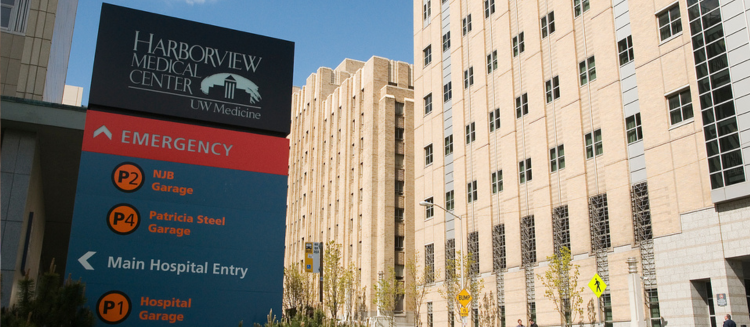overview
We have standardized pathways developed for residents interested in critical care, EMS, global health, and ultrasound, with faculty mentors for each of these pathways.
Some of our residents have developed individualized pathways with mentorship from our faculty in the areas of quality improvement/patient safety, education, toxicology, simulation, and research -- or even combinations of these.
Emergency Medical Services Pathway
The goal of the EMS pathway is to train residents to better understand and manage EMS and pre-hospital care issues in their practice environment and allow residents to assess their interest in EMS as a career focus. The majority of EMS medical directors across the country are not fellowship-trained or board certified in EMS Medicine. Allowing residents to gain additional experience in the board-certified sub-specialty of EMS Medicine will allow them to understand the issues an EMS medical director faces, learn about training for pre-hospital providers, and determine if fellowship training and board certification in EMS Medicine is a path they would like to pursue.
The EMS pathway at the University of Washington has two paths to completion (Airlift Northwest/Air Medical track or the Medic One/Ground EMS track) with several common requirements. Both tracks involve a longitudinal pre-hospital experience, event and mass-gathering medicine exposure, disaster management drill experiences, and a QI project. Those in the Air Medical track are expected to train to flight crew-level competency and fly with the ALNW crews on patient missions. The ground EMS track will involve longitudinal ground ride-time with Medic One paramedic units and MSOs. Both pathways will involve paramedic/flight nurse educational experiences.
For questions about the EMS pathway, contact Andrew Latimer.
Critical Care Pathway
The critical care pathway is designed for residents strongly considering fellowship training and/or a career in critical care. The pathway features additional critical care rotations, structured mentorship, meetings, and didactic sessions, and a scholarly project. All UW EM residents complete five months of required critical care rotations. Via the critical care pathway, an additional two senior-level critical care rotations will be structured to meet residents’ personal goals, as well as fulfill prerequisites for the various critical care fellowship pathways.
Residents will receive formal mentorship from the pathway director, an EM-CCM-trained faculty member, and Associate Program Director for the Critical Care Medicine fellowship at UW. Residents must also complete a scholarly project with a critical care focus. Projects might include research papers, case reports published in peer-reviewed journals, abstracts presented at regional or national meetings, educational curricula, simulation cases, or quality improvement initiatives. Finally, residents must attend pathway events such as meetings and didactic sessions.
For questions about the Critical Care pathway, contact Nick Johnson.
Population Health Pathway
The EM Population Health Pathway (PHP) provides UW emergency medicine residents with a comprehensive, longitudinal, structured training program with the ability to focus on care of vulnerable populations in global health, rural health and/or local community health/social emergency medicine. The PHP harnesses the unique strengths of the University of Washington’s extensive network of global health programs, the large variety of expertise of our faculty, and works closely with local advocacy groups including WA ACEP and the King County Dept of Health.
This pathway offers residents an opportunity to gain longitudinal mentorship, training, and experience in population health during residency. Several faculty members mentor residents on this pathway, and Dr. Sachita Shah is the Pathway Director.
- Pathway with Focus in Social Emergency Medicine
- Pathway with Focus in Rural Health
- Pathway with Focus in Global Health
- Pathway with DEI Focus
For questions about the Population Health pathway, contact Sachita Shah.
Ultrasound Pathway
The emergency ultrasound pathway is designed for residents interested in pursuing more advanced training in Emergency Ultrasound (EUS) beyond the standard training in EUS provided during the UW EM residency. It is targeted towards residents strongly considering fellowship training in EUS, and/or a career in EUS. This pathway comprises structured mentorship, didactic sessions, scanning time, teaching ultrasound-focused educational sessions, and a scholarly project. This pathway spans the final two years of training, and the resident would therefore begin this pathway in the first part of the R3 year.
The emergency ultrasound pathway will develop more advanced skills in point-of-care ultrasound, expose the resident to an introductory framework for ultrasound program administration, and prepare the resident to be a competitive candidate for an ultrasound fellowship. Residents meeting the requirements for the pathway will receive a Certificate of Completion upon graduation and may list the emergency ultrasound pathway on their curriculum vitae.
Those interested in the ultrasound pathway should contact the pathway director, Brandon Backlund, to discuss it further.




